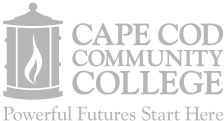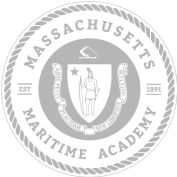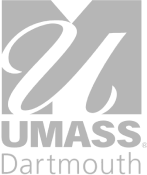October 19, 2021 – CONNECT CEOs: Frederick Clark Jr., Esq., President, Bridgewater State University; Dr. Laura L. Douglas, President, Bristol Community College; Dr. John Cox, President Cape Cod Community College; Rear Admiral Francis X. McDonald, President, Massachusetts Maritime Academy; Ray DiPasquale, President, Massasoit Community College; Dr. Mark Fuller, Chancellor, University of Massachusetts Dartmouth; legislators; business leaders; and invited guests, gathered at Bristol Community College’s National Offshore Wind Institute (NOWI), New Bedford, to celebrate Bridgewater State University, Cape Cod Community College and Massasoit Community College joining the CONNECT4Wind Memorandum of Understanding (MOU) agreement, honoring Massachusetts higher education institutions’ long-term commitment to sharing resources and collaborating on the development of a regional offshore wind energy sector.

The CONNECT CEOs, who serve as the leaders of CONNECT’s institutions of higher education, were joined by Representative Patricia A. Haddad, who will provide the keynote address, along with speakers Senator Marc R. Pacheco and Representative Antonio F. D. Cabral, Representative Carol Doherty, and invited guests at the site of Bristol Community College’s National Offshore Wind Institute (NOWI) in New Bedford, to discuss the expansion of the agreement and its positive implications for the region. With the expansion of the CONNECT4Wind MOU, Bridgewater State University, Cape Cod Community College and Massasoit Community College will join and fortify the agreement by adding critical supply chain training components that will further support the development of a vibrant and sustainable regional offshore wind sector.
The CONNECT4Wind Memorandum of Understanding (MOU) was initially established and signed in 2018 to celebrate Bristol Community College, Massachusetts Maritime Academy and the University of Massachusetts Dartmouth’s long-term commitment to sharing resources and collaborating on the development of curriculum and programs centered on the offshore wind energy sector. The agreement develops a better understanding of the workforce requirements of existing models of offshore wind and was the first time the three institutions had entered into a cross-collaborative agreement of this kind.






